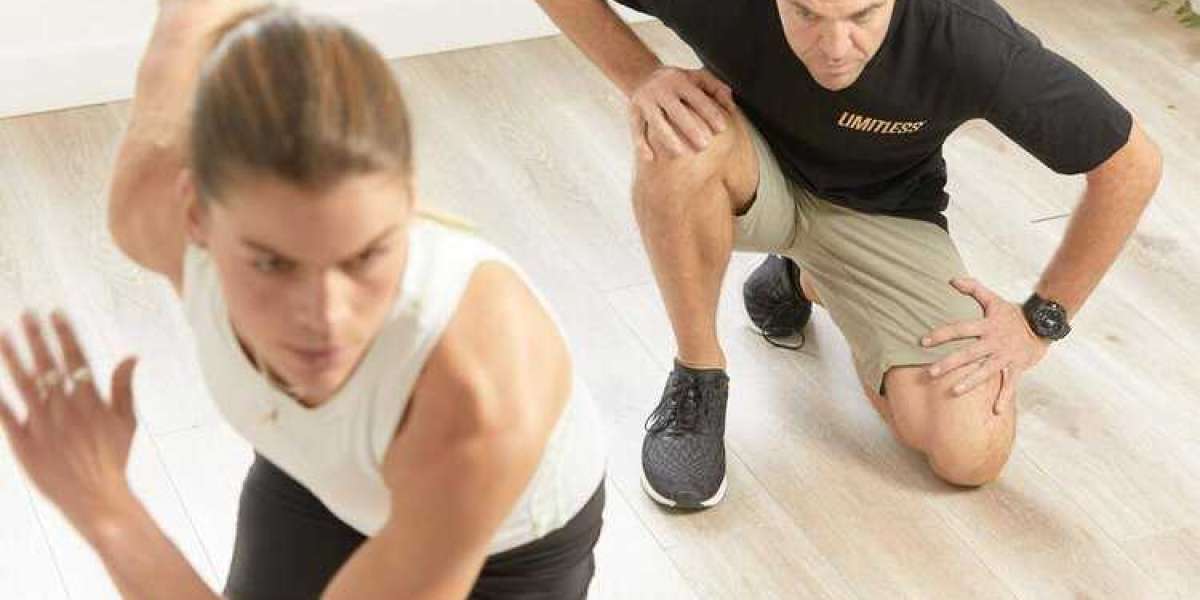Many women don't pay attention to their pelvic health until there's an issue. But much like brushing your teeth for oral hygiene, maintaining pelvic health can prevent discomfort and future problems. Pelvic health refers to the condition of the muscles, ligaments, and tissues supporting the pelvic organs, including the bladder, uterus, and bowel. Without proper care, these muscles can weaken over time, leading to various health problems.
What Is the Pelvic Floor?
Think of the pelvic floor as a hammock that supports your internal organs. These muscles control bladder and bowel function and play a role in sexual activity. Just like any muscle, the pelvic floor can become weak, causing incontinence, pelvic pain, or other issues. Strengthening these muscles through exercises like Kegels is essential for maintaining pelvic health.
Common Pelvic Health Issues
Pelvic health issues are more common than you might think. These can include:
- Urinary incontinence: Leaking urine when you laugh, cough, or sneeze.
- Pelvic organ prolapse: When the pelvic organs drop due to weak muscles.
- Pelvic pain: Chronic pain in the pelvic region.
These issues can affect women at any stage of life, from young adulthood to post-menopause.
The Importance of Kegel Exercises
Kegel exercises are designed to strengthen the pelvic floor muscles. They are simple, discreet, and can be done anywhere, at any time. Imagine trying to stop the flow of urine mid-stream—this is similar to the movement involved in a Kegel exercise.
Performing Kegels regularly can improve bladder control, reduce the risk of prolapse, and enhance sexual function. Aim to do 10 sets of Kegels, holding each for 5 seconds, two or three times a day.
How Pregnancy Impacts Pelvic Health
Pregnancy puts significant strain on the pelvic floor muscles. As the baby grows, the added weight can weaken these muscles, leading to issues such as incontinence or pelvic organ prolapse after childbirth.
During pregnancy, women may also experience pelvic girdle pain, a condition that causes discomfort in the pelvic region and lower back. This is due to the body’s preparation for childbirth as the ligaments and muscles stretch and loosen.
Pelvic Health After Childbirth
Childbirth can cause trauma to the pelvic floor muscles, particularly during a vaginal delivery. Postpartum women often experience incontinence or a feeling of heaviness due to weakened muscles. The recovery process varies, but with the right care and exercises, many women regain strength in their pelvic floor.
It’s essential to consult a healthcare professional before starting any pelvic floor exercise routine postpartum, as improper exercises can sometimes do more harm than good.
Menopause and Pelvic Health
With menopause comes a decline in estrogen, which plays a critical role in maintaining muscle tone in the pelvic region. Without this hormone, the pelvic floor muscles may weaken, leading to issues like urinary incontinence or pelvic organ prolapse.
Women experiencing menopause should consider exercises, lifestyle changes, and possibly hormone replacement therapy (HRT) to maintain their pelvic health.
Tips for Maintaining Pelvic Health
Maintaining pelvic health requires a combination of exercise, lifestyle habits, and proper care. Here are some simple tips to keep your pelvic floor muscles strong:
- Do Kegel exercises daily.
- Stay active—exercises like Pilates or yoga can support your pelvic floor.
- Maintain a healthy weight to avoid excess strain on your pelvic floor.
- Avoid heavy lifting which can put pressure on your pelvic muscles.
- Drink plenty of water to avoid constipation, which can strain your pelvic floor.
When to See a Doctor
It’s essential to consult a doctor if you’re experiencing any of the following:
- Chronic pelvic pain that doesn’t go away.
- Incontinence that affects your daily life.
- A feeling of heaviness or pressure in your pelvic region.
- Pain during intercourse.
Early diagnosis and treatment can prevent minor issues from becoming severe problems.
Pelvic Physiotherapy: Is It Right for You?
Pelvic physiotherapy is a specialized form of therapy that can help women strengthen their pelvic floor muscles, improve posture, and reduce pelvic pain. If you’ve tried exercises at home without success, or if your symptoms are more severe, pelvic physical therapy may be a great option.
A trained physical therapist can create a personalized plan tailored to your specific needs, helping you regain control of your pelvic health.
How Diet Affects Pelvic Health
What you eat can directly impact your pelvic health. A diet high in fiber can prevent constipation, reducing strain on the pelvic floor. Additionally, staying hydrated is crucial to maintaining proper bowel function.
Some foods, such as caffeine and alcohol, may irritate the bladder and exacerbate incontinence, so it’s important to monitor how your diet affects your pelvic health.
Pelvic Health and Exercise
Regular exercise not only benefits your overall health but also supports your pelvic health. Low-impact exercises like walking, swimming, or cycling are great options to stay fit without putting too much strain on your pelvic muscles.
Avoid exercises that involve heavy lifting or intense abdominal strain, as they can weaken your pelvic floor.
Conclusion: Taking Charge of Your Pelvic Health
Pelvic health is an essential part of overall wellness for every woman, regardless of age. By paying attention to your pelvic floor and incorporating simple exercises like Kegels into your routine, you can prevent or manage common issues like incontinence or pelvic pain. Remember, it’s never too late to start taking care of your pelvic health.
FAQs
- What are Kegel exercises, and how do they help with pelvic health?
Kegel exercises strengthen the pelvic floor muscles, which can help prevent or manage issues like incontinence or prolapse. - How can I tell if my pelvic floor muscles are weak?
Signs of weak pelvic floor muscles include urine leakage, a feeling of heaviness in the pelvic area, and difficulty controlling bowel movements. - Can pelvic health issues be treated with physical therapy?
Yes, pelvic physical therapy can be an effective treatment for strengthening the pelvic muscles, improving posture, and relieving pelvic pain. - How does pregnancy affect pelvic health?
Pregnancy places extra strain on the pelvic floor, which can weaken the muscles and lead to issues such as incontinence or prolapse after childbirth.
5. Is pelvic health important after menopause?
Yes, as estrogen levels decrease during menopause, the pelvic floor muscles may weaken, leading to an increased risk of incontinence or prolapse. Regular exercises and lifestyle adjustments can help maintain pelvic health.








